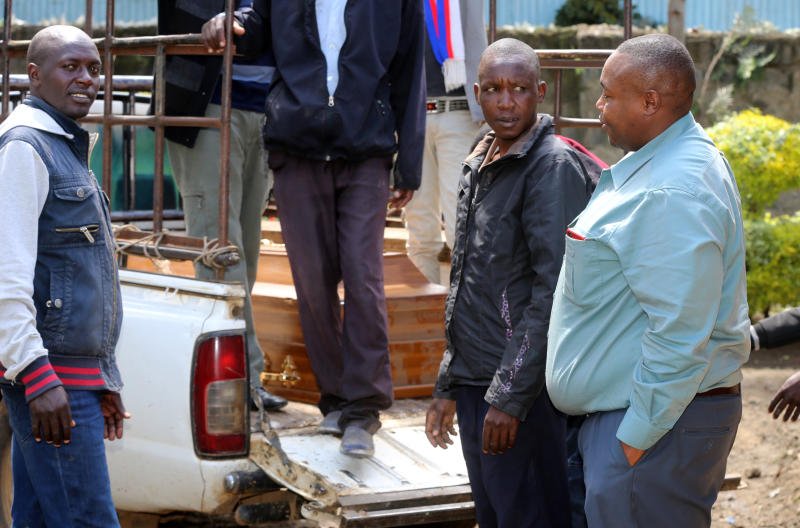×
The Standard e-Paper
Smart Minds Choose Us

At the Nakuru County Hospital mortuary, amidst wailing mourners, 42-year-old Titus Kiio watches a corpse arrive, wrapped in white clothes and covered with flowers.
Kiio, fondly referred to as Tito, tends to another body in the freezer, creating space for the new arrival.